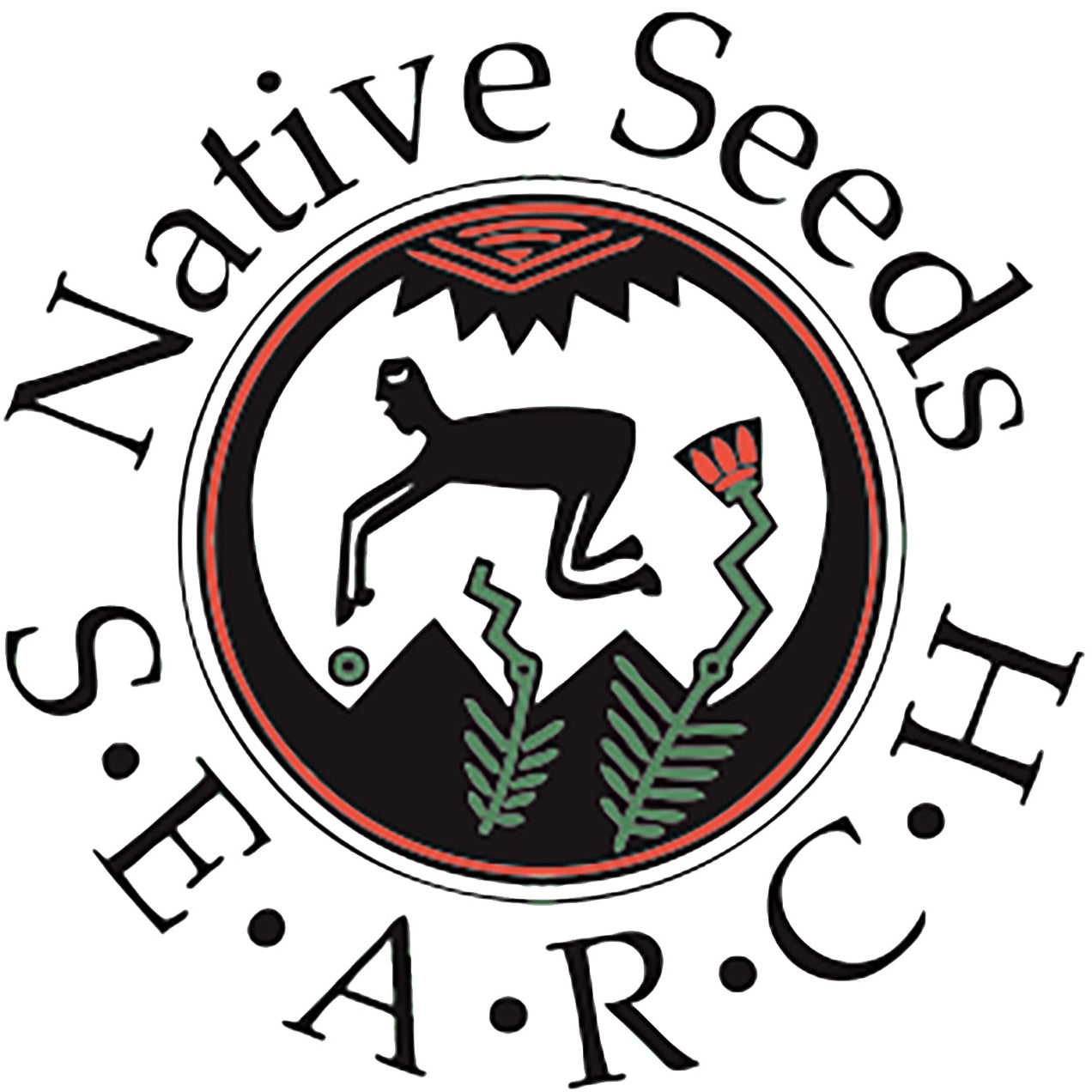
By Melissa Kruse-Peeples, NS/S Education Coordinator.
Schools have been embracing the garden movement in recent years. It is easy to understand why if you have ever witnessed picky eaters enjoying fresh produce straight from the garden or the excitement students express when they find sprouts pop out of the ground. That type of excitement about growing food is infectious. Native Seeds/SEARCH has proudly supported the school garden movement with small donations of seeds through our Community Seed Grant Program. To date we have provided arid-adapted seeds to over 150 garden projects working with youth in the Southwestern region. Participants in this program have been asking NS/S for more educational materials to fully integrate seed education into their gardening programs.
In October 2015 Native Seeds/SEARCH introduced a new workshop called Teaching with Seeds for K-12 educators to meet this desire for increased youth gardening education. During two 1-day workshops we hosted 56 educators at the NS/S Conservation Center in Tucson. Participants included traditional educators in public and charter schools as well as educators working with youth language preservation programs, outdoor education camps, and garden oriented non-profit organizations. We were delighted by the enthusiasm and popularity of the workshops which drew participants from across Arizona, New Mexico, and Southern California. Thanks to generous funding from the Kalliopeia Foundation and the Hillman Foundation we were able to provide full tuition scholarships to many of the participants making the workshop accessible to a diversity of educators.

Some of the educators who participated in Teaching with Seeds in October 2015.
During the workshop we focused on providing lesson plans for how to incorporate seeds into classroom education. Aware that not every school has the resources for a garden, we designed the workshop to include lessons that can be done exclusively in the classroom or could involve an on-site garden component if available. The curricula addressed questions such as where do seeds come from?, what makes seeds grow?, and how did people create diverse types of seeds? Seeds have obvious connections to STEM (Science, Technology, Engineering, and Math) education standards and these lesson plans addressed topics including scientific inquiry, botany, genetics, and biodiversity. But seeds also have a connection to history, culture, language and the arts. Therefore, we also provided lesson plans that incorporated these aspects of seeds through our exploration of what are the stories of seeds? The cultural context of seeds from the Southwest region was one aspect that participants found particularly valuable and unique about the NS/S program.
We have made some of the lesson plans available here on our website to download. Click the following links to download the curriculum as pdf files. If you use these lesson plans in your classroom, we would love to hear from you! Let us know how the students respond to working with seeds and insights from the lessons.
Where do Seeds Come From? Flower Botany Exploration and Schoolyard Flower Survey
What Makes Seeds Grow? Seed Germination Exploration and Experiments
What are the Stories of Seeds? Seed Expressions
During the workshop we also covered some basics of planting and saving seed in school garden settings. School gardens have many unique challenges including a restrictive school year session, small spaces, and limited resources. We were able to discuss strategies for sustainable school gardens including what to plant when and how to save seeds from crops such as beans, herbs, and tomatoes. Saving seeds from school gardens not only provides sustainable seed supplies for that garden but seed resources that can be shared with students to grow gardens at home.
Educators left the workshop with numerous tips and tricks for their school garden as well as curriculum they can directly implement. We also provided participants with a seed biodiversity starter kit they can use to explore seeds with their students. Feedback from the workshop has been terrific and teachers are already using the material.
